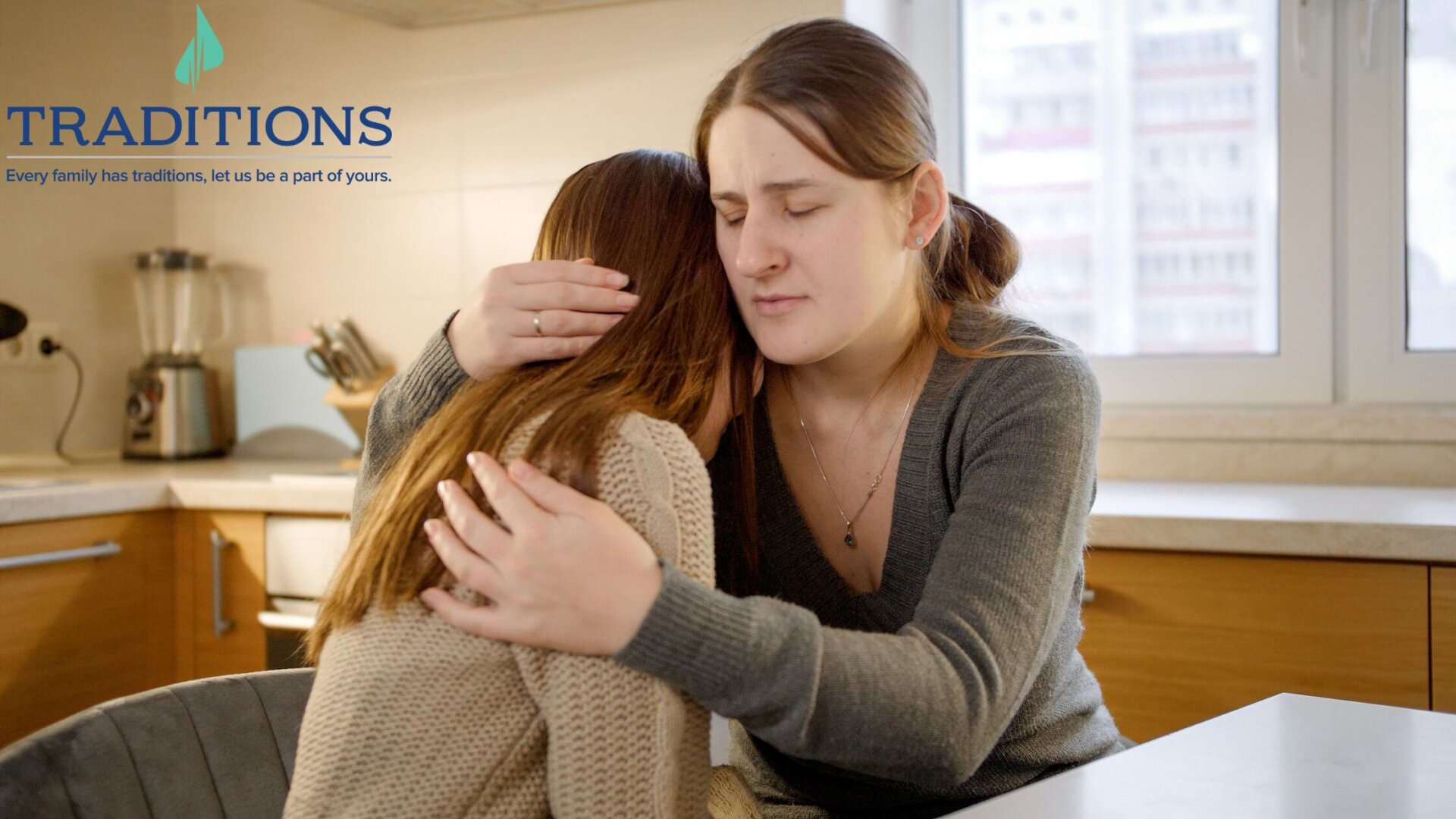Addressing Grief Following the Loss of a Loved One

Guest Contributor Jill Huynh, Licensed Social Worker and Parent Coach for over 20 years
Even though death is known as a natural part of life, it never feels natural and is often viewed as the opposite of life. For those of us who have always had an older loved one in our lives and must move forward without them, losing these loved ones is often one of the most difficult challenges humans experience in their lifetime. Many say, “they lived a very long life” and “they accomplished so much in their time on earth” when an older adult dies. Although these statements may be factual, they often fall short in speaking of the incredible loss felt.
Understanding Children's Experience
For kids, losing a loved one may be the first time they have experienced the death of someone close to them. Or, it could have happened many times before. Each loss is often a new experience for kids, regardless of how close they are to the loved one. It’s important to acknowledge that it is okay to feel whatever they feel. Some kids may go on with life as if nothing significant has happened, while others may be devastated. Meet your child wherever they are without judgment about how they “should” feel or act. Kids are highly resilient and often deal with death in a way that is best for them.
Essential Steps For Parents
There is no perfect path to follow when supporting kids through the loss of a loved one. One crucial step is for the parents/caregivers to take time to grieve themselves. Parents and caregivers are often selfless and get lost in caring for others and forgetting to do this for themselves. As flight attendants instruct pre-flight, “put the oxygen mask on yourself before helping others put theirs on.” Self-care will translate to family care through grief.
Addressing The Understanding Of Mortality
For some kids, losing a loved one may bring them closer to understanding their mortality. The death of a loved one shows them that death is permanent, not temporary, and this can be very scary for some children. It is a difficult concept for them to understand. Stay attuned to your child’s questions that may involve their mortality, and be ready to reassure them. They may also become anxious about losing other family members, including you. Answer the questions honestly and avoid long explanations as they may confuse or create more worry.
Sibling Support & Shared Learning
If there are other children in the family, including siblings, it may be helpful for your child to spend time with them. They have feelings of grief and loss in common, even though they may be handling it differently. Spending time together can support shared learning as they navigate this challenging process.
Open Dialogue & Remembrance
Talk about the loved one you lost openly and often. Look at pictures with your kids, and feel free to share stories about your loved one. This shows kids that even though loved ones are no longer around, they are never forgotten. These chats also open the door for questions and continued sharing of feelings for both you and the kids and let your kids know that it is okay to talk about people who died. Some kids may avoid the subject even when it is on their minds, fearing it might make others sad. Reassure kids that talking about the loved one who died while embracing all the feelings and emotions that come is bringing out the unexpressed love that we have within us for that person.

